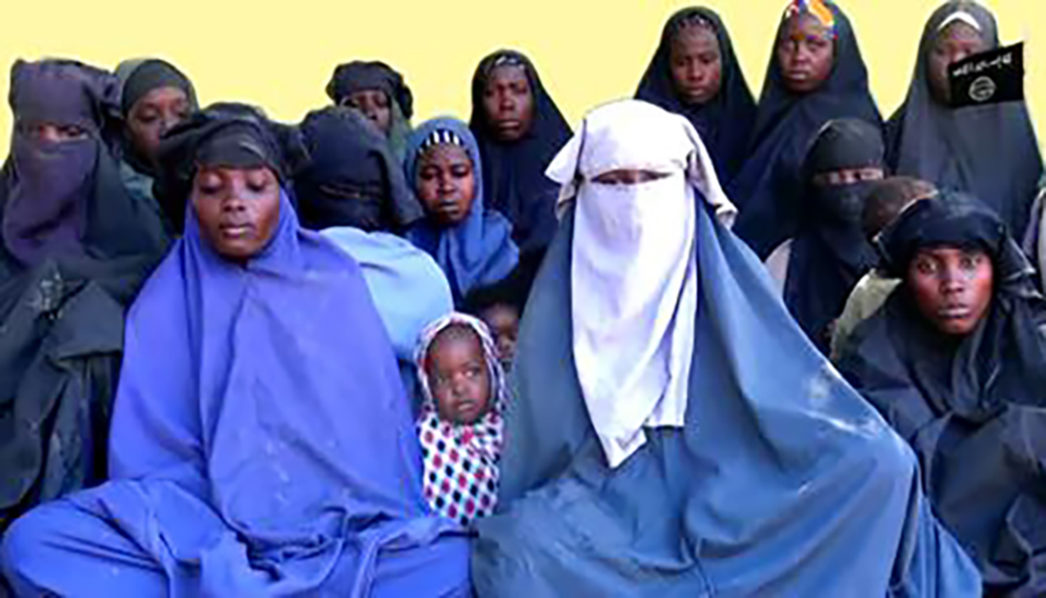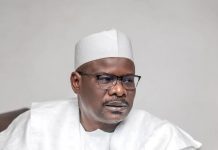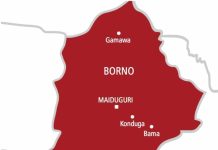A journalist and former correspondent at CNN Isha Sesay said Nigeria and the world deserted the families of the Chibok 112 girls still in Boko Haram incarceration.
“The families of the 112 girls feel abandoned,” Sesay said during The Daily Show with Trevor Noah on Thursday. “They feel utterly abandoned and forgotten by the world, by Nigeria.”
Sesay’s new book Beneath the Tamarind Tree prompted outcries from within and outside Nigeria, demanding the Nigerian Government to work out the release of the kidnapped girls.
Beneath the Tamarind Tree explores how Boko Haram kidnapped of 276 schoolgirls five years ago. Sesay combines the released Chibok girls’ stories with her own journalistic experiences to powerful effect.
Sesay reported the abduction and release of some of the Chibok schoolgirls for CNN, hence, she wrote her book on the experiences of the girls in and out of Boko Haram captivity.
On 14 April 2014, Boko Haram abducted 276 girls from their school dormitory in Borno State. 57 of the girls managed to escape en route, but the group would eventually take 219 away.
Out of the 219 girls kidnapped, 107 have so far made it home: four of them by Nigerian military/ para-military intervention, and 21 of them were initially released in October 2016 after negotiations between the Muhammadu Buhari administration and Boko Haram. 82 more were freed in May 2017.
Since then, nothing more has been heard of the remaining 112 young women.
Sesay, during the show, said she hopes her book “will get people back on social media.”
“I want everyone here to use their voice, use their platform to hashtag Nigerian government, bring back our girls, Chibok girls,” Sasay said.
The Nigerian Government in its response to Sesay’s book described it as “a good book on Chibok, hampered by misrepresentations.”
A presidential spokesman Garba Shehu said it was wrong of the author to say of the President Muhammadu Buhari’s administration “don’t know who to negotiate with” because Boko Haram had split into factions.
Boko Haram split when Islamic State named Abu Musab al-Barnawi as the group’s leader in August 2016. The other main division is led by Abubakar Shekau, Boko Haram’s most recognisable figure.
Shehu said the split “had the effect of making negotiation and reaching an agreement a more difficult talk.”
He added that the government will secure the release of girls “by peace or by force.”
But Sesay insisted during her interview with Trevor Noah, the host of the show, that the Nigerian government is very sensitive to criticisms and may likely move it “re-engage with the story.”







